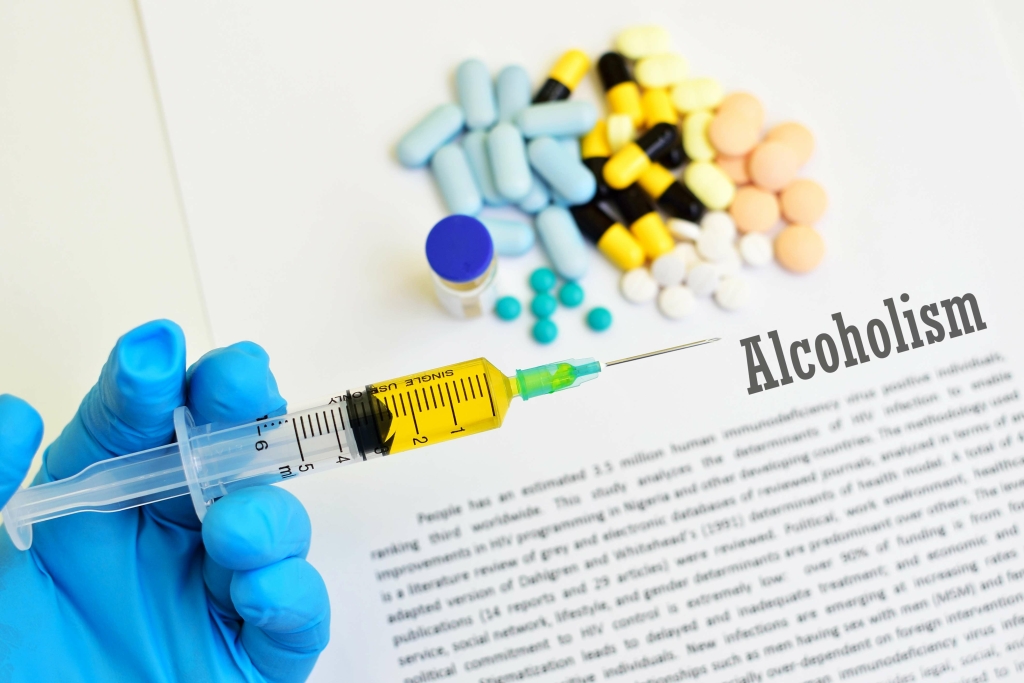Here are seven benefits https://www.yoga-central.net/value-credentials-and-extra-tips-for-choosing-one.html you can look forward to on your recovery journey. Strictly speaking, sobriety is the state of being sober—not being under the influence of alcohol or drugs. Many 12-step programs suggest that sobriety means total abstinence, which means never using the substance again. Other definitions, however, focus on the process of recovery and coping habits that support health and wellness over the long term.
The Challenges of Achieving Sobriety
Addiction can fundamentally affect your brain chemistry and perceptions, and being sober prompts a “rewiring” of many of these neural pathways. Sobriety is a time of change – mentally, physically, and even spiritually. There is never one path to sobriety, nor is there one strategy guaranteed to work for everybody.

Sobriety: The Comprehensive Guide on How to Stay Sober
Medical support can also wean you from certain substances slowly, helping the brain and body adjust to the loss of the substance more gradually and minimizing some withdrawal symptoms. These benefits not only ease the discomfort of the detox process, but also help to prevent relapse during this stage of treatment. Even those overcoming drug use should avoid alcohol to prevent replacement addiction or to further relapse prevention skills and https://solnysh.ru/en/ instead focus on the development of their sober lifestyle. However, that doesn’t mean an individual can’t have reservations about their journey to overcoming drug or alcohol use disorder.

You’ll Look Healthier

Removing it from your life eliminates these sedative effects, boosting your vitality and enabling you to enjoy a more active, engaged life. Kushner stresses the importance of setting boundaries and seeking out your own help (like therapy or a support group). Above all, she recommends folks find their own balance of offering support while also supporting themselves.
- Milestones in sobriety (e.g., 24 hours, a month, three months) are celebrated to recognize the incredible hard work that’s been accomplished through staying sober for a certain length of time.
- However, relationships within the family may have been impacted by substance misuse and therefore, require mending.
- Physical health can improve in both sobriety and abstinence, but sobriety often involves a more comprehensive approach to health.
- Hangover symptoms including nausea, vomiting, headaches and brain fog can last for days in some cases and can diminish your quality of day-to-day life.
- Many 12-step programs suggest that sobriety means total abstinence, which means never using the substance again.
- Addiction is a complex issue that affects many aspects of a person’s life.
Alcohol.org is a subsidiary of AAC, a nationwide provider of addiction treatment centers offering a combination of proven therapies and services to meet your individual needs. Therefore, when a person suffering from sleep issues related to their alcohol use is able to quit drinking, it may reverse these negative effects and may lead to improved sleep. For men, this is an excess of 15 drinks a week and 8 drinks per week for women.1 Therefore, if you are a woman who drinks 2-3 glasses of wine per night, 5-6 times per week, you would be considered a heavy user of alcohol.
What Can I Drink Instead of Alcohol?
By understanding the nature of alcohol addiction, setting realistic goals, and building a strong support network, you can take control of your life and create a healthier, happier future. Embrace the challenges, celebrate your successes, and remember that every step towards sobriety is a step towards https://rupeek.ru/en/est-li-tabletki-podobnye-omeprazola-noveishie-chem-zamenit.html a better you. Creating a personalized plan for sobriety involves identifying triggers and developing strategies to manage cravings.
Manage Physical Pain

This process can lead to increased tolerance, where a person needs to consume more alcohol to experience the same level of intoxication. By focusing on these three pillars, individuals can establish a state of sobriety where they are not only drug-free but also engaged in personal growth and healthy coping mechanisms. If you’re ready to start on your path toward sobriety, American Addiction Centers (AAC) can help.
What Does It Take to Get Sober? 3 People Share How They Coped
Many people use substances as a way to self-medicate for conditions like anxiety and depression. Sobriety, coupled with therapy, addresses the root causes of these conditions. Cognitive Behavioral Therapy (CBT) and Dialectical Behavior Therapy (DBT) are effective in treating the underlying mental health issues that often accompany addiction. Sobriety might mean reevaluating and, in some cases, distancing yourself from certain relationships, especially those that encourage or are centered around substance use. It’s important to surround yourself with people who respect your choice to remain sober and who support your recovery journey. This might mean forging new friendships within sober communities or support groups where mutual experiences foster deep understanding and companionship.

Similar to being more productive, you will also find an abundance of free time. Without the cycle of planning, engaging in, and recovering from drinking activities, hours once dedicated to alcohol become available for other pursuits. This improvement in relationships is one of the most rewarding benefits of a sober life.
